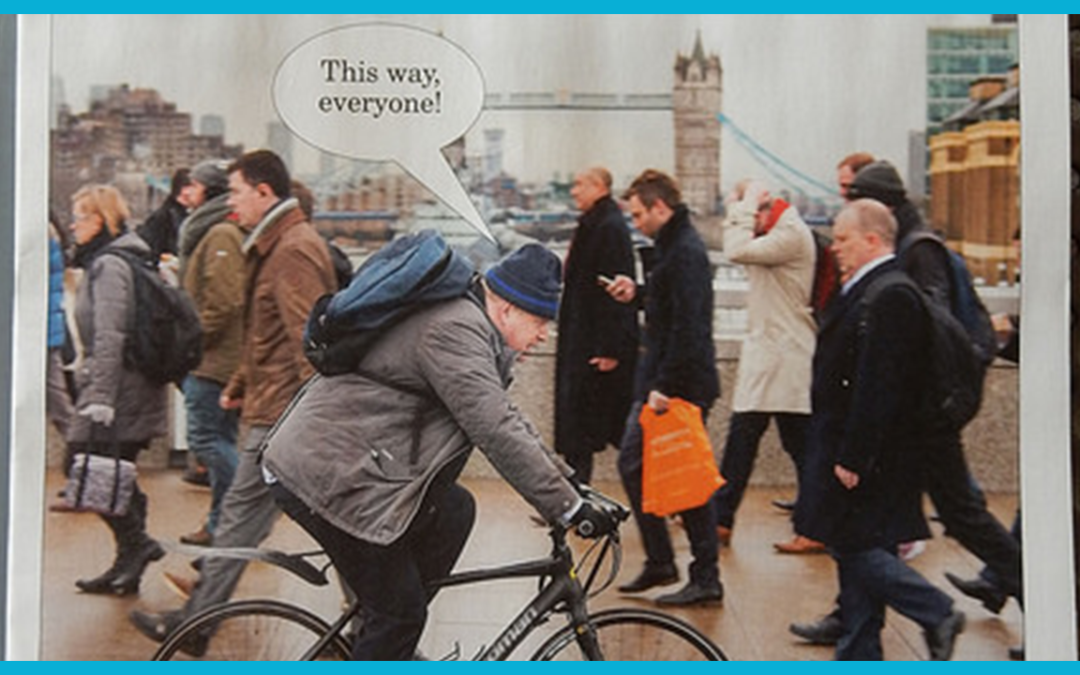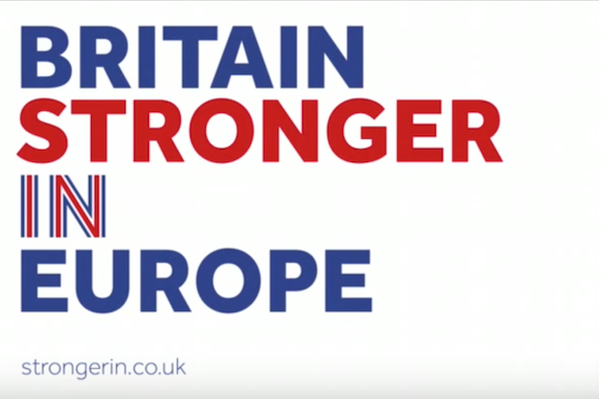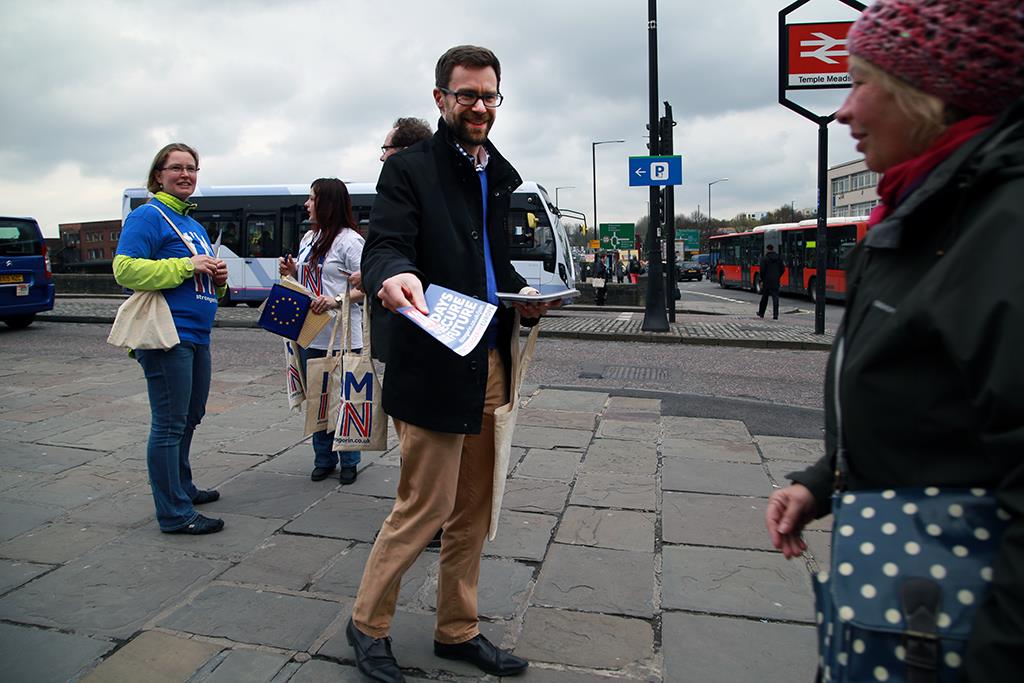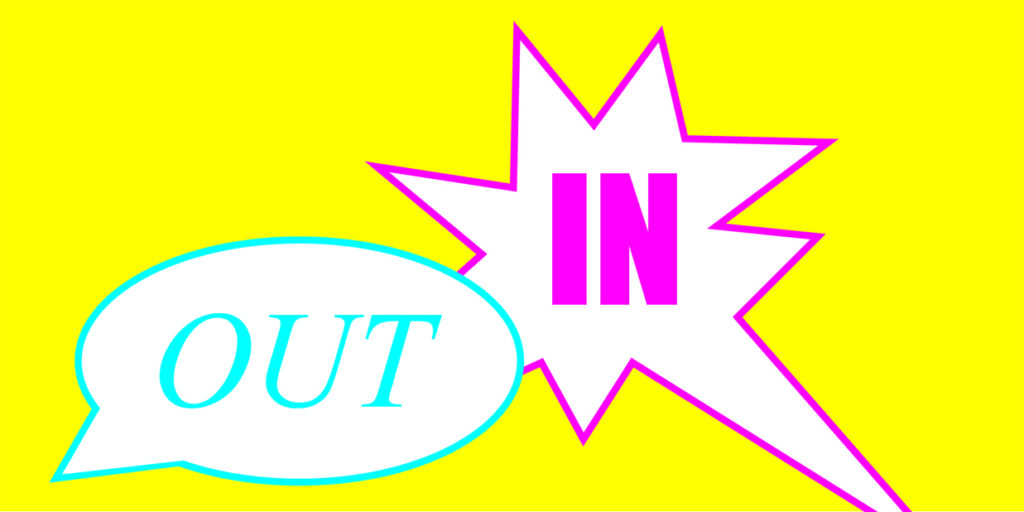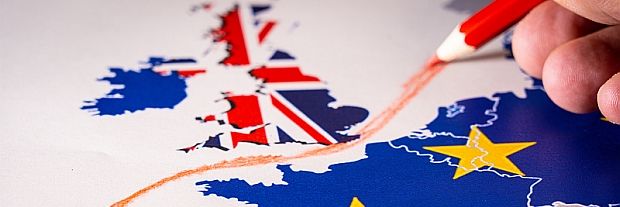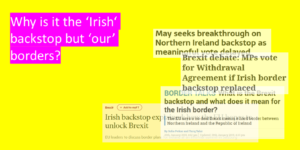The EU referendum will not be decided by facts. Information on the benefits of the UK’s EU membership is widely available, and the facts speak for themselves. In plain English they say: Both the UK and its European neighbours are better off with the United Kingdom being a member. The Brexit campaign is misleading in many ways. It is one of resentment and spectacularly bad humour, and the way to counter it is through stories and images that convey the joy and beauty of being able to study in France, work in Germany and retire in Spain even if you don’t belong to an elite for whom these things have long been natural. The EU has made it possible for more British people than ever before to find opportunities in other countries, to contribute to lively public debates there and to make new friends. British people use these opportunities to a much greater extent than citizens of most other EU countries.
That said, there are five things the Out campaign keeps saying that are simply not true, and need to be countered with reference to simple facts:
- Outers give us the impression that the UK has somehow been forced into something they never signed up for, or is being colonised by bureaucrats in Brussels. This is not true. The UK government has actively signed up to every treaty and every bit of regulation that is currently in place, and it has decided to opt out of some which, as a result, have not come into force here. It was the UK government that, on many occasions, insisted that all EU members agree on a policy before it can take effect. British administrators in Brussels and British members of the European parliament have long played a major role in shaping the European Union. Some (UKIP) MEPs refuse to play ball, and it is they who undermine Britain’s power, not “Brussels bureaucrats”.
- Outers tell us that the European project was initially just a free-trade idea which then mushroomed into a political structure. This is not true. The reasons for European leaders and citizens to kick off the process were always political. Free trade has always been seen as a tool to secure and safeguard peace in Europe – and it is only one tool out of a much bigger toolbox. Stability, prosperity and democracy are the ideals of this European Union, and everybody knows that it needs much more than free trade to achieve them.
- Outers tell us that the UK is a sovereign nation that should make its own decisions. This makes me wonder where they have been for the last forty years. The people of EU members countries, through their elected governments, including the UK government, have decided to exercise some of their sovereignty together – more so, but not unlike, the people of Bristol and London have decided that the UK government should speak for them both and make decisions that affect the lives of both cities. Yes, the EU is a supranational organisation: this is not some scary spectre but has long been the reality of how we are governed. Let us not choose to ignore the political system we live in.
- Outers say the EU is dysfunctional. This is making me wonder why some people are so stubbornly fixated on things that don’t work. Is this also how they view their own lives – their friends and families? Their neighbourhoods and cities? It is true: Europe is facing big problems. Many EU institutions are struggling to cope. But the way to address these issues is to work on solutions and strengthen the institutional framework, rather than turning away from them. The European project has always been one of incremental progress – the way the EU parliament has acquired more and more powers over time is one case in point. Let’s keep working on it!
- Outers say it is a sign of the EU’s inefficiency and lack of democratic legitimacy that David Cameron was not given a legally binding document at the end of his recent negotiations. While many high-ranking British officials have called this view into doubt, it is worth noting that in many countries, wide-ranging decisions need parliamentary approval. 27 EU leaders need to go to their national parliaments and call a vote when the treaties are changed. It is an odd view held by some elite Outers that politics is done by leaders sitting together in back rooms.
In short, many of the problems the EU faces could be solved if the UK decided to play ball and make a case for the policies and values it supports. David Cameron has done so: he has found allies in his quest for more ‘subsidiarity’ and for his fight against the abuse of welfare services. In the future, with the UK continuing to be a strong EU member, let’s dedicate as much energy towards Britain’s other goals. In the meantime, a happy compromise between Cameron’s initial demands and a renewed commitment to the founding principles of the European project are enough reason to vote for the UK to stay in the EU. So let’s keep pointing out how the Brexit Campaign is misleading voters, and get the word out that Britain will be Stronger In!

